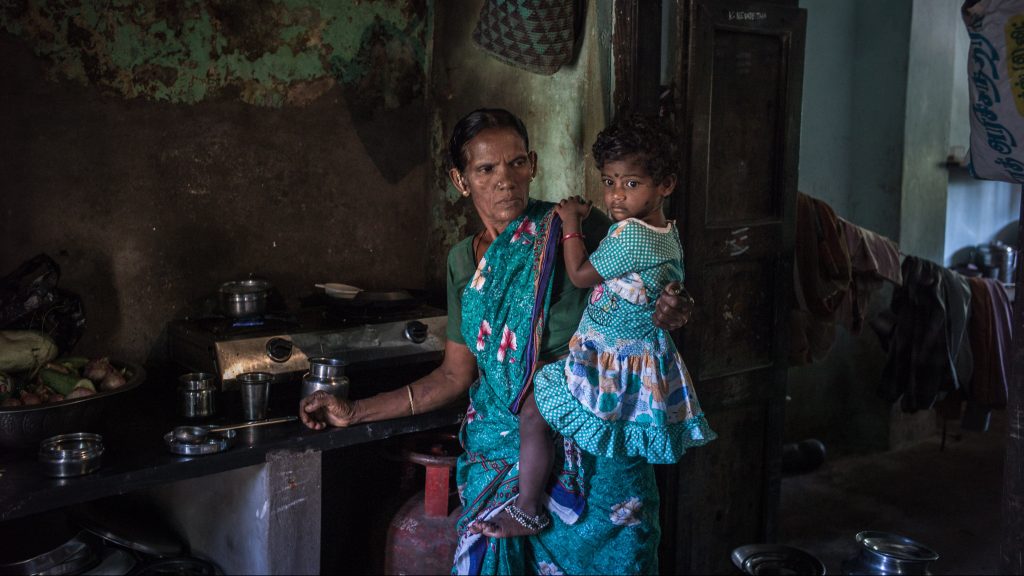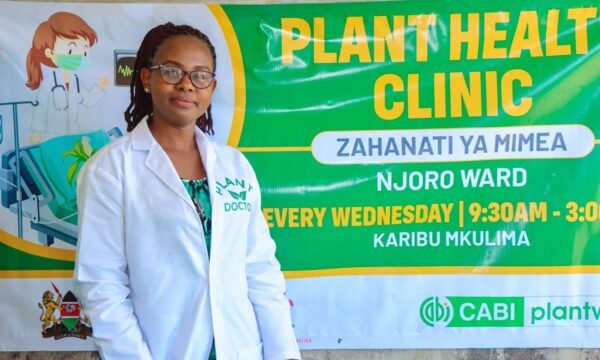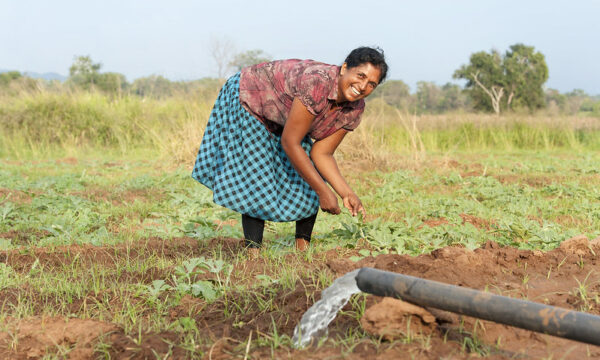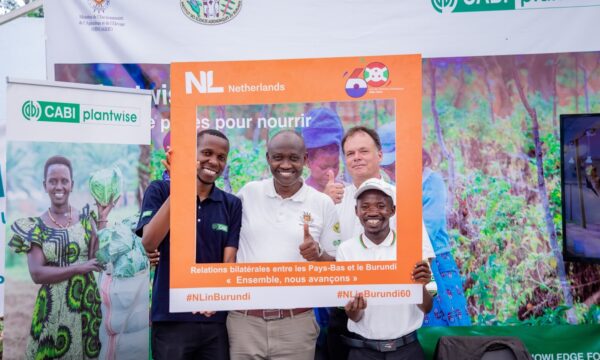
Globally, an estimated 815 million people go hungry each day. Without access to healthy food, they are chronically undernourished. Meanwhile, in spite of advances in agricultural technology, approximately 40% of the food grown annually in rural communities is lost to pests and diseases. People living with persistent hunger need and deserve a sustainable solution based on self-reliance. Reducing the losses caused by plant health problems by just 1% could mean feeding millions more.
While regular daily meals are something most of us take for granted, for millions of others it means being able to grow their own. Subsistence crops are vital to families in the developing world, and is a role that is most often taken up by women and girls. Women often do not self-identify as farmers despite being in charge of kitchen gardens, or even when they undertake the planting, weeding, tending and harvesting of crops. Today, over 60% of the world’s hungry are women and girls. Systemic inequality and the roles women and girls are expected to fill limits their access to resources. However, by being the caregivers as well as workers, this ultimately affects the health of their families and communities.
Meet Valli
Valli is a rice farmer from Puducherry in India. She is a widow with two daughters and she tends to her one acre of land alone. After a cyclone, she noticed that four to six rows of her rice crop were turning yellow. Even when she had done a few rounds of weeding, the yellowing had spread and her entire field was completely destroyed. “I was lost. I did not have enough food to take home to my family.”
Valli had heard about plant clinics in her area and decided to visit for advice. When she came to the clinic, the plant doctors inspected her crop sample and told her it was rice leaf folder pest. They prescribed a simple and safe treatment to stop the pest from destroying her crop. “When I heard their advice I got confidence to continue growing my crops. I’ve never seen anything like this. I obtained knowledge.”
By equipping farmers with the knowledge and skills they need, Plantwise is empowering communities to make lasting change from within. Providing knowledge on plant health to farmers quite simply changes lives. Farmers produce more after visiting the plant clinics by curbing the losses occurring on account of pest and disease infestations.
May 28th is World Hunger Day, raising awareness for the world’s most hungry and celebrating sustainable solutions to hunger and poverty.
Watch more of Valli’s story
1 Comment
Leave a Reply
Related News & Blogs
How plant clinics are strengthening crop health services in Bangladesh
When the first-ever plant clinic in Bangladesh opened in Dhaka in 2013, it initially faced a lack of interest due to its novelty and limited awareness among farmers. However, it went on to expand, providing advice to over 17,000 farmers and led to the…
2 July 2025









[…] Fostering knowledge and confidence to feed more […]